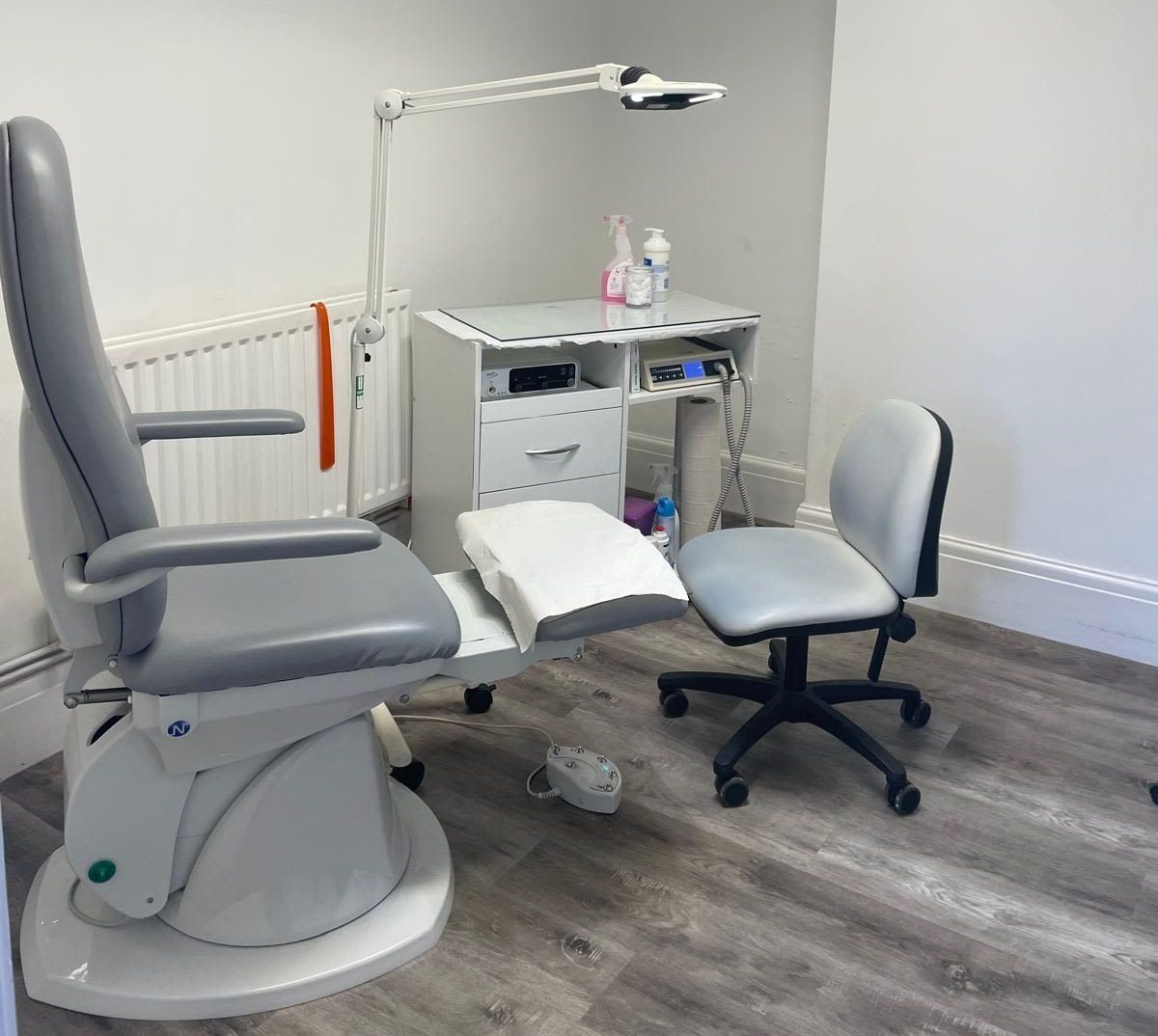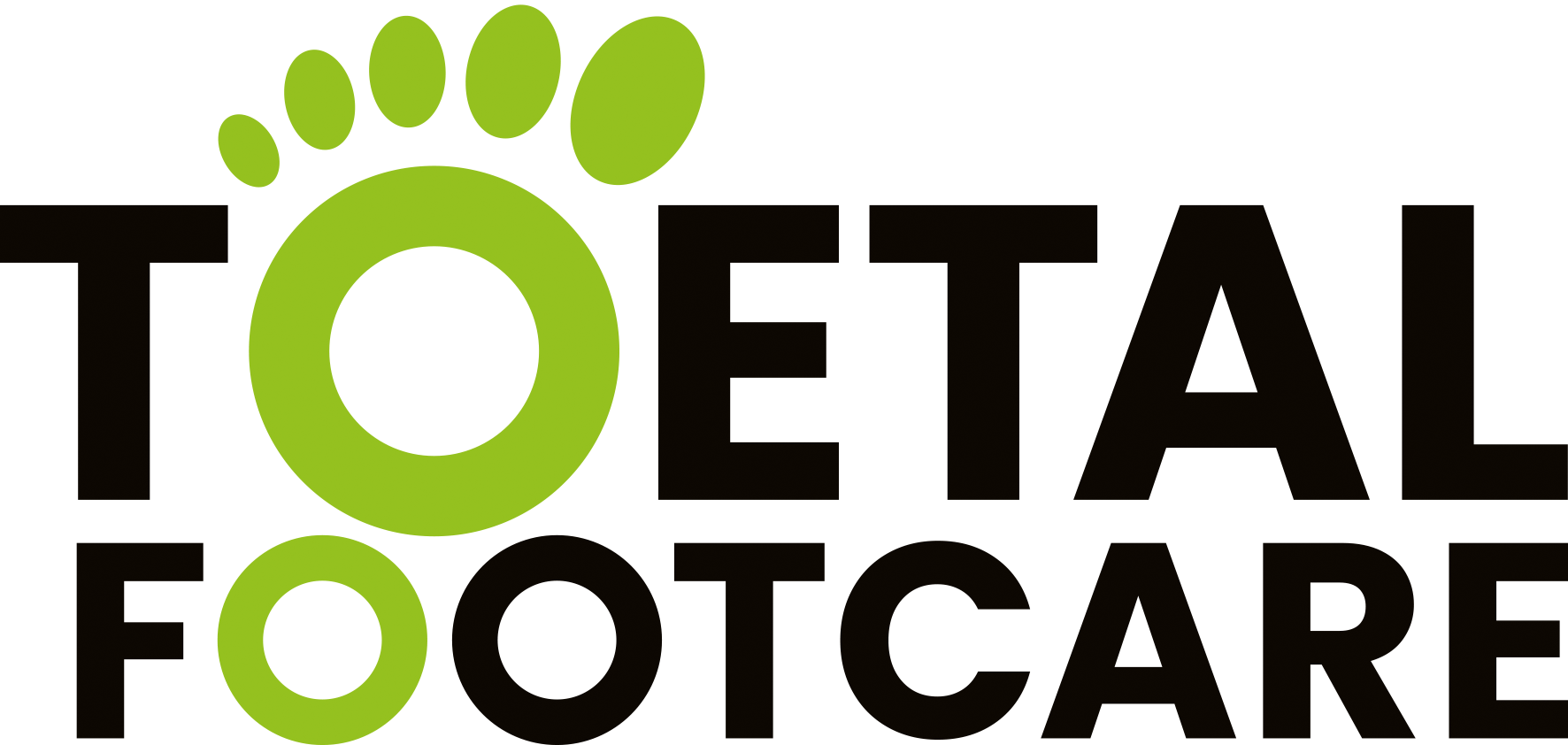What to Expect
During your first visit, our podiatrist will begin by taking a detailed general health history. To ensure we have a complete understanding of your medical background, please bring a current list of medications with you and update us about any changes at future visits.
Our Fees
£40*
*General Chiropody / Podiatry Treatments
Common Issues We Treat
Our general podiatry service addresses a wide range of foot problems, including:
Corns & Callus (thickened skin): Safe removal to relieve discomfort and prevent recurrence.
Ingrown and involuted toenails: Management and treatment of ingrowing nails that do not require surgery.
Fungal nails: Nail reduction and advice for managing fungal infections.
Nail pathology: Treatment for nail discolouration, thickened nails, and other nail abnormalities.
Skin disorders/infections: Management of cracked heels, athlete’s foot, and other skin conditions.
Verruca treatment: Advice and chemical treatment options for verrucae.
Heel pain and plantar fasciitis: Basic treatment and advice for conditions such as plantar fasciitis and Achilles tendonitis.
Foot deformities: Guidance and advice on managing foot deformities, such as bunions and hammer/clawed toes.
THE PROCESS
WHY CHOOSE US?
- Experienced podiatrists with a patient-centered approach
- Tailored treatment plans that fit your lifestyle
- Comprehensive care for a wide range of foot issues
- Comfortable, welcoming clinics in Cardiff and Pontypridd
If you’re unsure whether you need a general or specialised appointment, our friendly reception staff can guide you in booking the most appropriate service.




